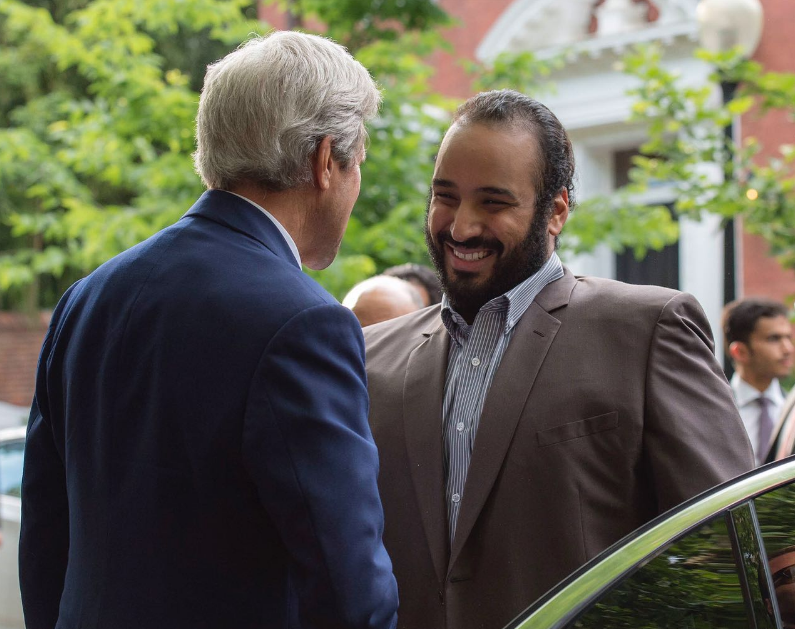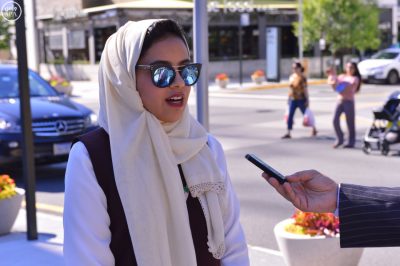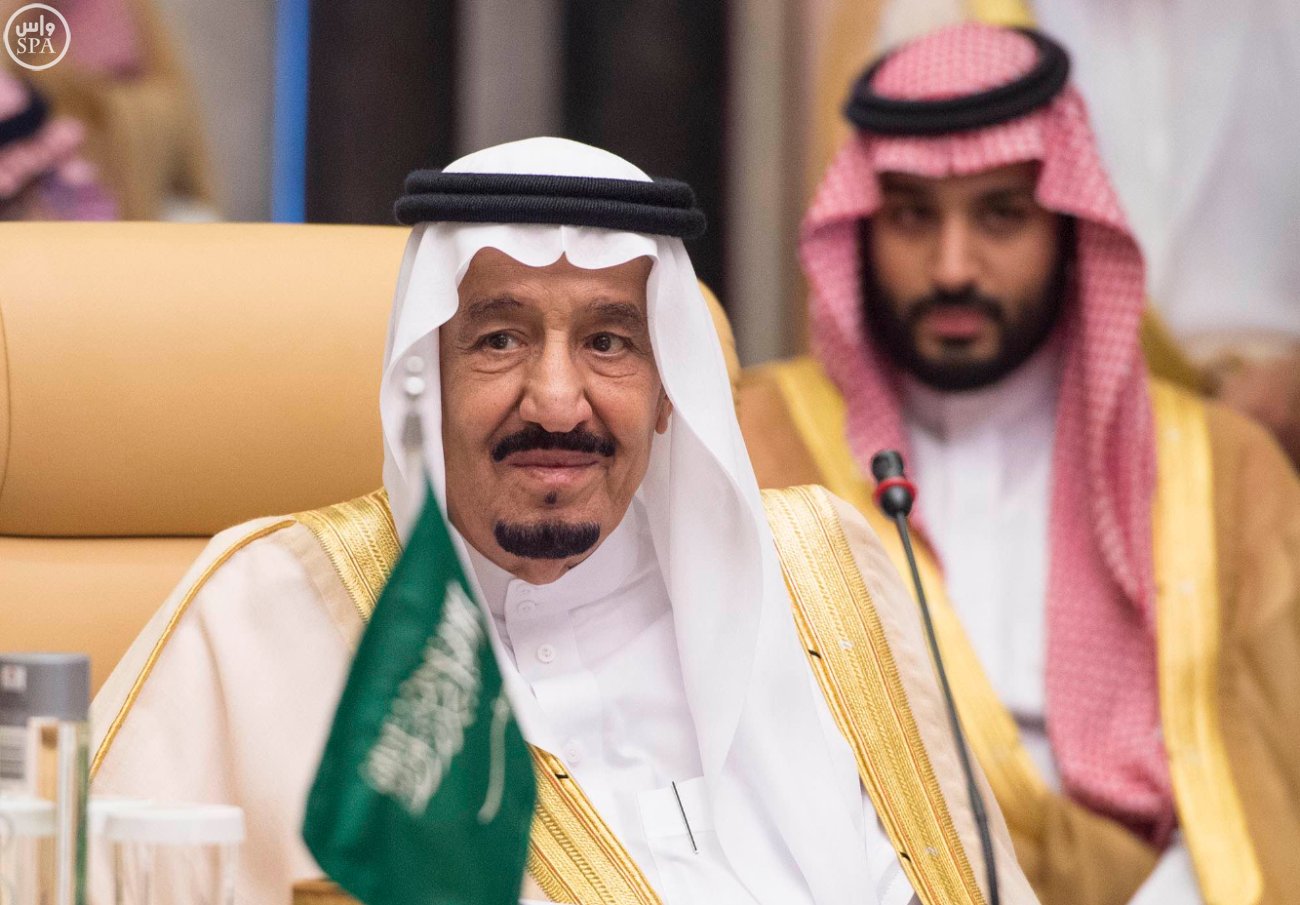Deputy Crown Prince Mohammed bin Salman used the occasion of his arrival to the United States this week to include an additional 2,600 Saudi students into the Custodian of the Two Holy Mosques Scholarship program, the visionary educational initiative created by the late King Abdullah that enables young Saudis to receive education and experiences abroad.
At 31 years old, Deputy Crown Prince Mohammed bin Salman is likely younger than some of the graduate students set to receive free tuition and fees from the Saudi scholarship program. While thousands of Saudi students are included in the program, a smaller number pay their own way to the U.S. to achieve a degree. The Deputy Crown Prince’s arrival and announcement will amount to a huge swing financially for these 2,600+ students and their families.

Deputy Crown Prince Mohammed bin Salman arrived in the United States on Monday.
The announcement received little news in the English-language press covering the trip. A report in a photograph carried by Arab News confirmed the announcement:
“Upon his arrival to Washington, Deputy Crown Prince Mohammed bin Salman was happy to announce that Custodian of the Two Holy Mosques King Salman has decided to include 2,628 male and female students, currently studying in the U.S. on their own, in the Saudi education mission within the Custodian of the Holy Mosques’ Foreign Scholarship Program.”
Custodian of the Two Holy Mosques Scholarship program was founded as the King Abdullah Scholarship Program (KASP) and is still commonly known as such. The program to send thousands of Saudi students abroad is one of the late King’s signature legacies to the younger generation of Saudis.

A Saudi student being interviewed by the Saudi Press Agency in the Washington, D.C.-area.
The Prince himself did not study in the United States.
The peak of the program came during King Salman and the Deputy Crown Prince’s visit in September 2015, when the leaders announced that it would be expanded to include all students currently studying in the United States. In 2014, Saudi Arabia was the leading country of origin for Intensive English Programs in the U.S., supplying roughly 30% of all students to these programs with 38,000 Saudis.
According to Dr. Mohammad Al-Isa, Cultural Attaché to the United States, the number of Saudi students studying in the United States fell from 120,000 in 2015 to 80,000 in 2016 as fiscal constraints place a grip on the expansive program.
New scholarship program guidelines are significantly tighter and limit participants to those attending one of the top 100 universities globally, or studying a program rated in the top 50 in its field, although it remains unclear which universities are considered in the top 100.









